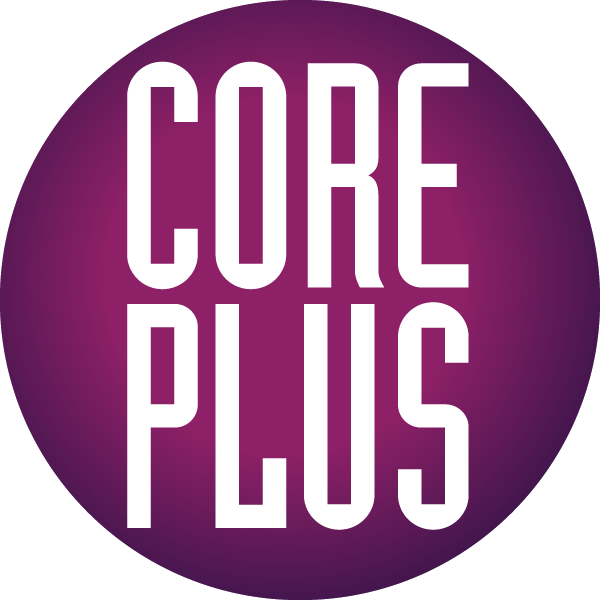Monday-Friday 6:00am – 5:00pm | Saturday 6:00am – 12:00pm
CorePlus Direct Access Testing Policy
PURPOSE: This policy outlines the procedures and requirements for Direct Access Testing (DAT) in accordance with the Clinical Laboratory Improvement Amendments (CLIA) regulations.
SCOPE: This policy applies to all departments working with DAT.\
DEFINITION: Direct Access Testing (DAT) is generally defined as consumer-initiated testing of human specimens, as opposed to tests ordered by a physician. It allows individuals to request and receive certain laboratory tests without a physician or healthcare provider’s intervention.
COMPLIANCE WITH CLIA: All laboratory procedures, equipment, personnel, and reporting for DAT will adhere to CLIA regulations and standards.
TESTS OFFERED: The list of available tests will be periodically reviewed and updated as necessary.
PATIENT CONSENT: Before any DAT procedure, the patient will provide written informed consent, indicating understanding of benefits, risks, and limitations of the testing.
TEST PERFORMANCE AND QUALITY CONTROL: All DAT procedures will be performed with the same level of accuracy, precision, and quality control as other laboratory tests.
REPORTING RESULTS:
- Test results will be provided directly to the individual requesting the test.
- All results will include clear and easily understood interpretations or reference ranges.
- Any critical or unexpected results will include guidance on seeking immediate medical attention or follow-up.
RECORD RETENTION: Records of all DAT will be retained for a minimum period as required by CLIA and state regulations.
CONFIDENTIALITY: All DAT results are confidential. They will only be released to the individual who requested the test or to an authorized representative.
PERSONNEL: Only appropriately trained and credentialed personnel will perform DAT.
PATIENT EDUCATION:
- Informational material will be available to individuals considering DAT, detailing the scope and limitations of each test and pre-testing conditions that may affect test results (e.g. the need for fasting, eating or drinking, effect of specific medications, etc.)
- Patients will be informed that DAT results should be discussed with a healthcare professional for a comprehensive understanding.
LIMITATIONS: Patients will be informed that:
- DAT is not a substitute for regular medical check-ups.
- Some tests may have false positives or false negatives.
- Not all medical conditions can be detected through DAT.
REVIEW AND UPDATE: This policy will be reviewed annually and updated as necessary to remain in compliance with any changes in CLIA regulations or best practices.
REFERENCES:
- Direct Access Testing (DAT) and the Clinical Laboratory Improvement Amendments (CLIA) Regulations: Frequently Asked Questions. Accessed on September 27, 2023.
- American Society for Clinical Pathology. Policy Statement: Direct Access Testing (Policy Number 01-02).
